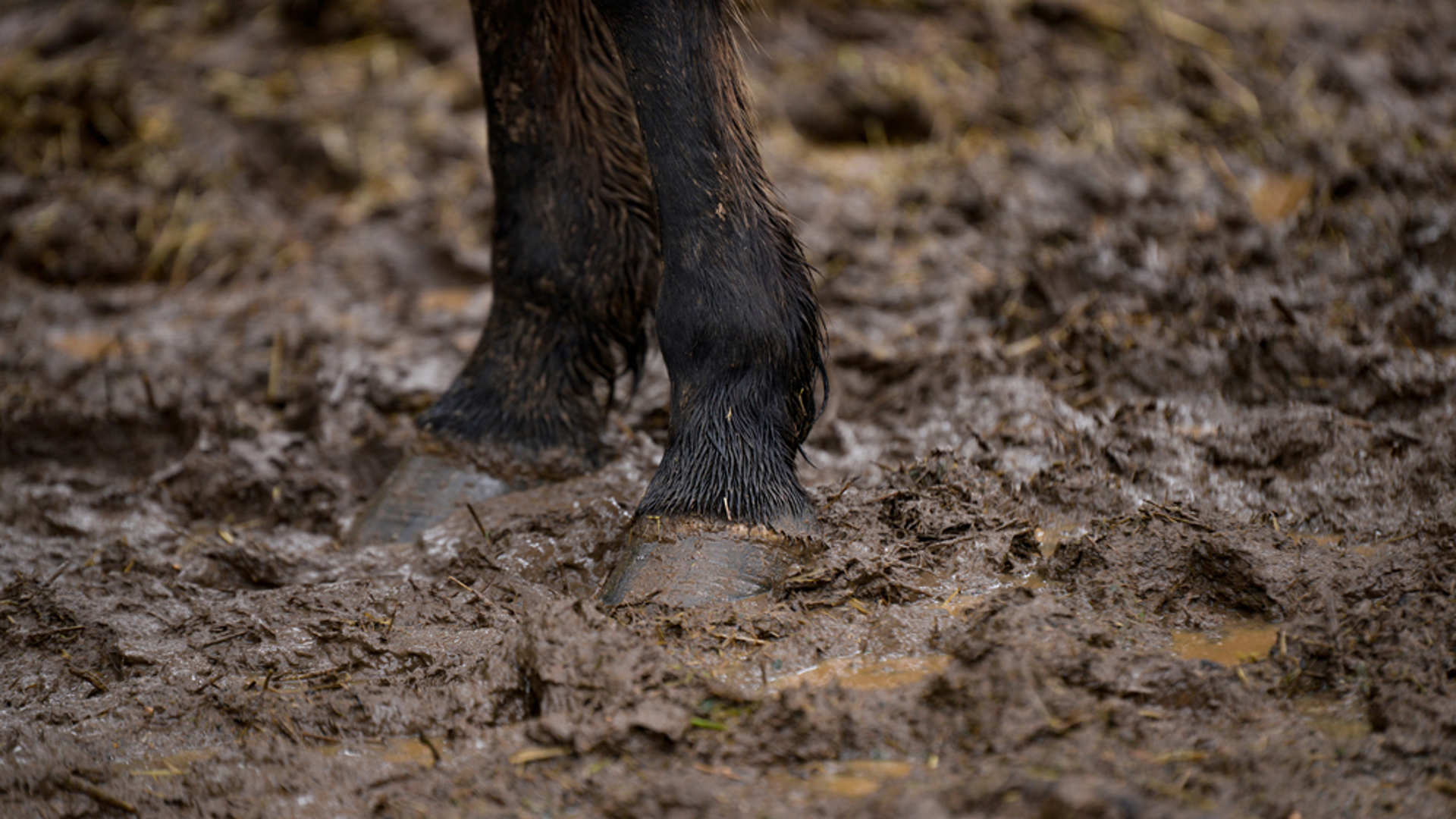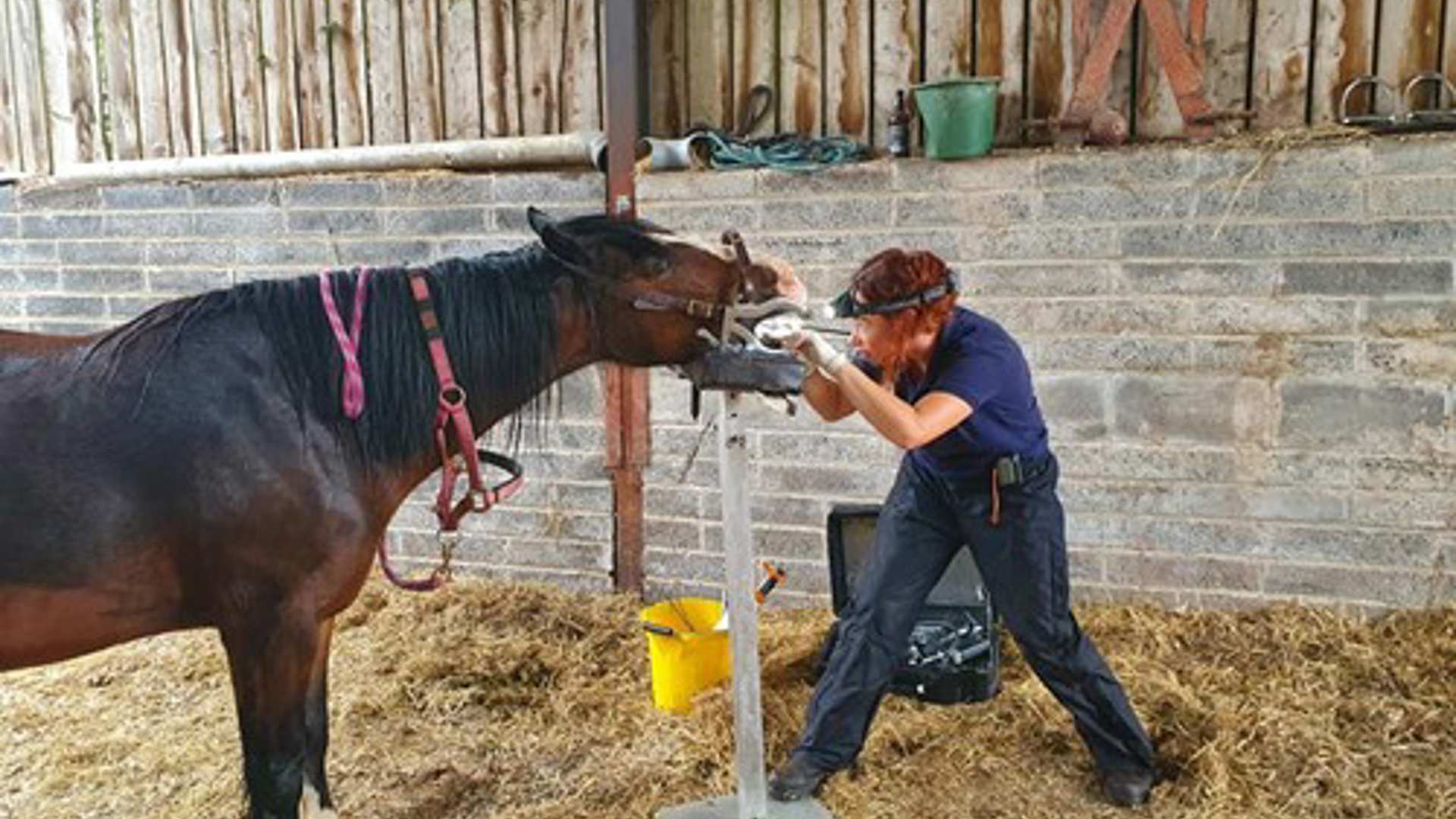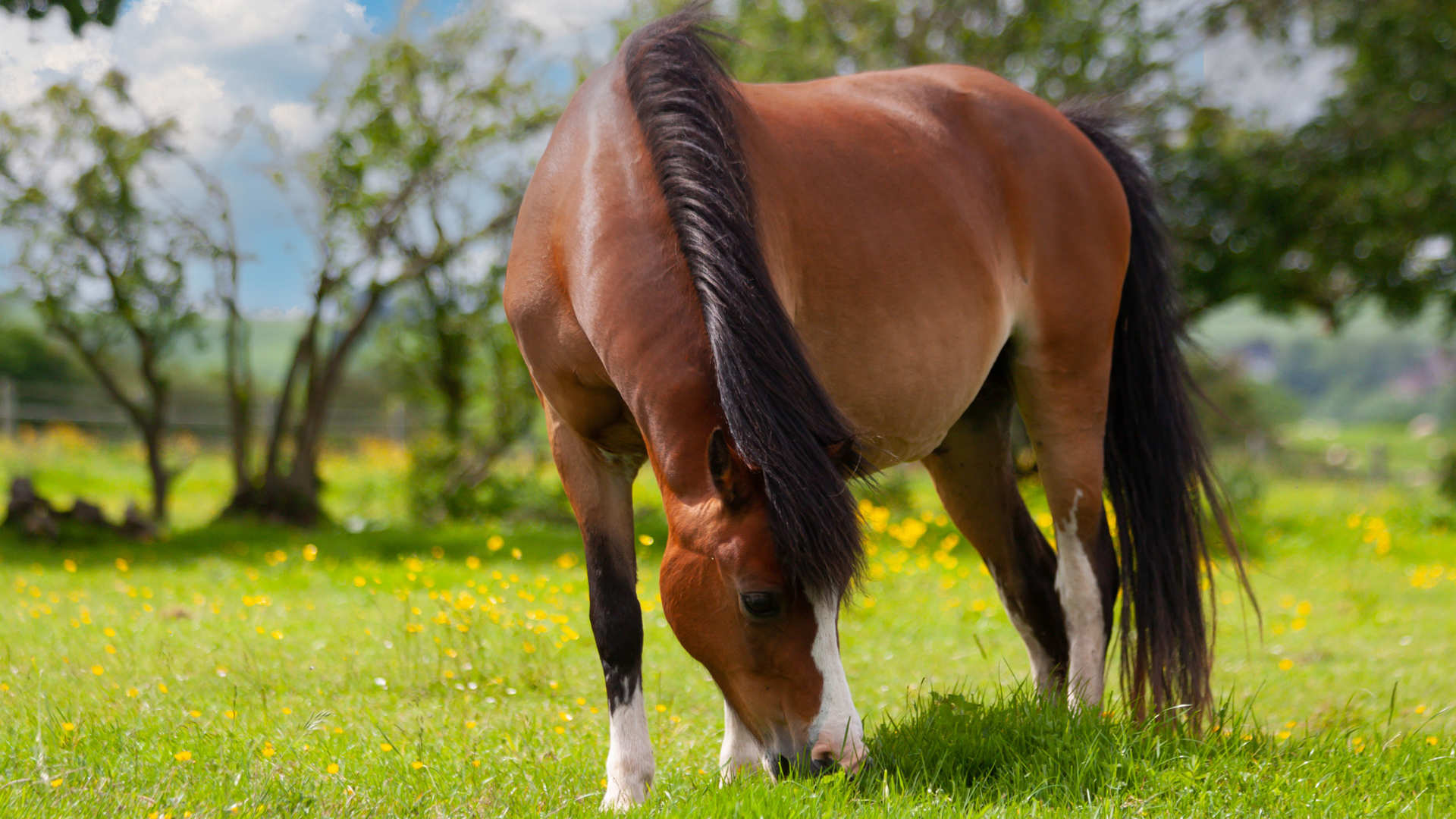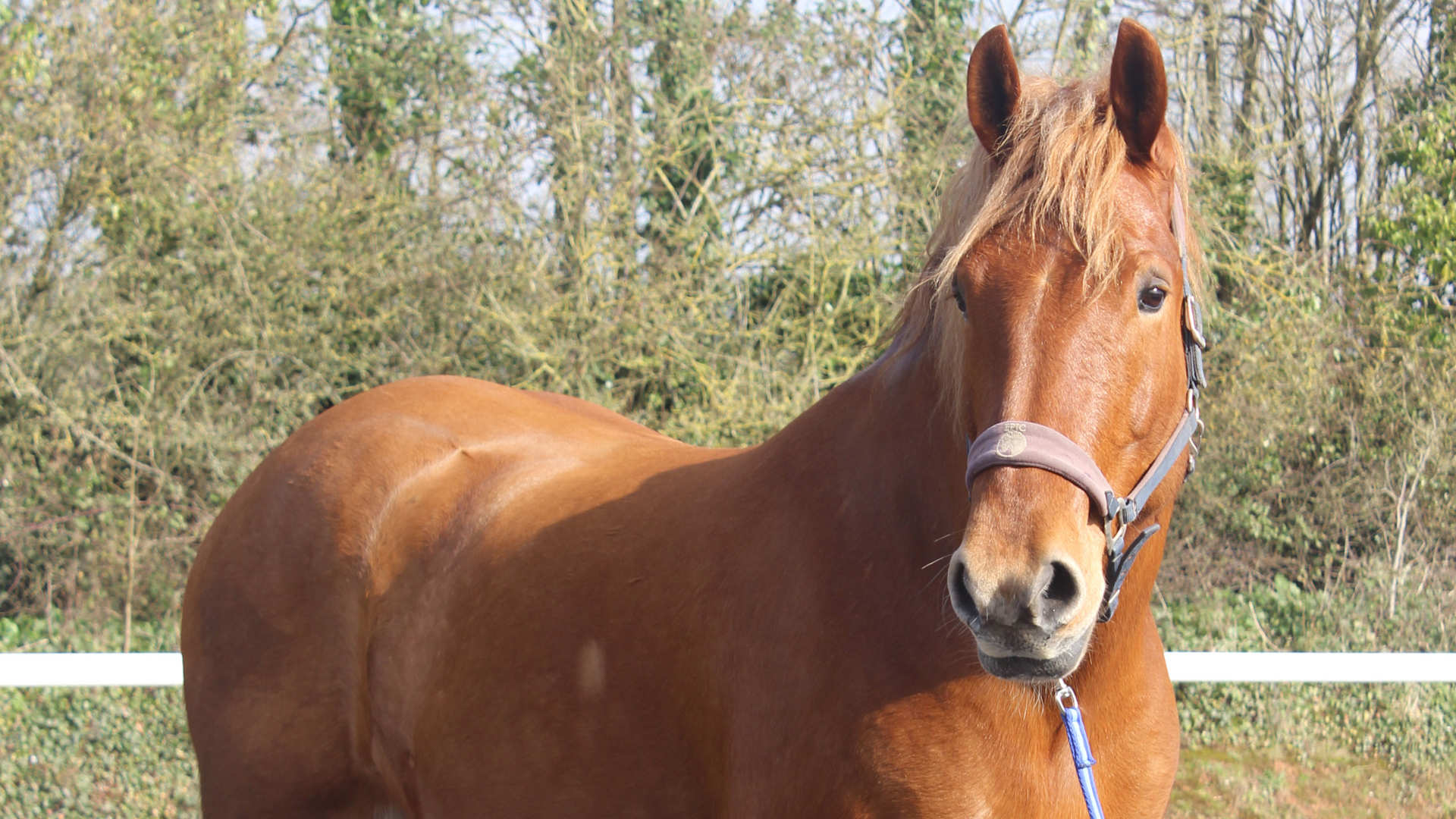
Reducing the risk of impaction colic:
With the inevitable colder temperatures and change of weather that comes with autumn and winter, horses are at increased risk of colic. Impaction colic is the type of colic most associated with this time of year, often due to less time spent grazing, reduced movement and decreased water intake. Here are some handy tips that can reduce the risk of your horse developing impaction colic:
- Make any changes to routine slowly; if you are changing forage from haylage to hay or vice versa, introduce the new forage over a period of several days to allow the gut time to adjust.
- If your horse is being stabled more than usual, encourage increased water intake by feeding fibre-based pellet type feeds (such as Fibrebeet or Fast Fibre) which turn into mashes when soaked, and by soaking their hay.
- If temperatures become very cold, add some warm water to your horse’s bucket to encourage increased water intake. Try providing an alternative flavoured water source alongside a plain water bucket, with flavourings such as apple juice or electrolytes.
- Allow access to a salt lick or add a teaspoon of salt to their feed to encourage water intake.
- Maintain a regular exercise regime especially if horses are not being turned out to graze; if they cannot be exercised as usual, taking them grazing in-hand can be helpful.
- For special situations where they cannot be exercised or turned out, such as horses on box rest for reasons of injury or lameness, discuss with your vet how to reduce your horse’s risk of impaction colic.
- Monitor faecal output and appetite; a reduced faecal output and/or appetite can be an early sign of impaction colic developing. Contact us if you notice these.
Stay in the know Related articles & advice
-
Mud Fever

-
Dental Health

-
Laminitis

